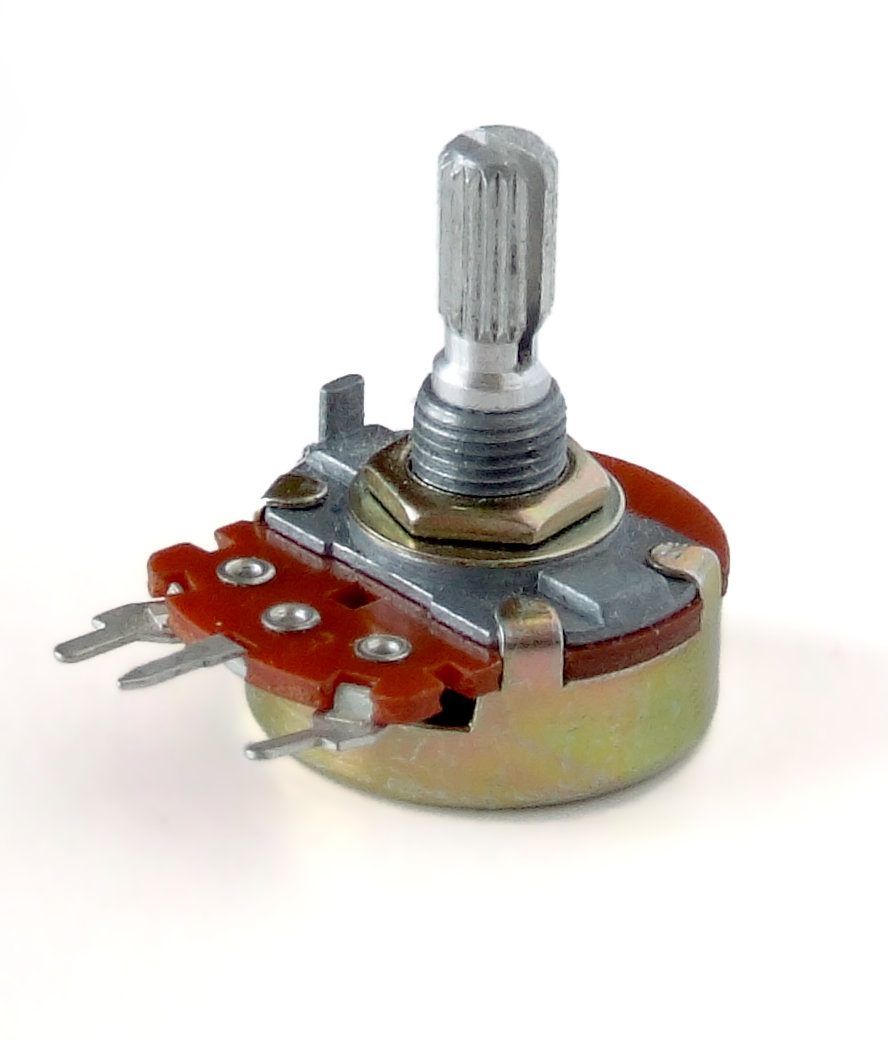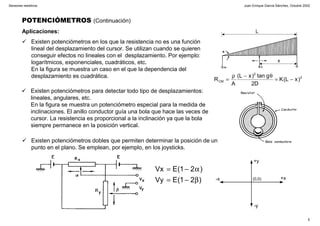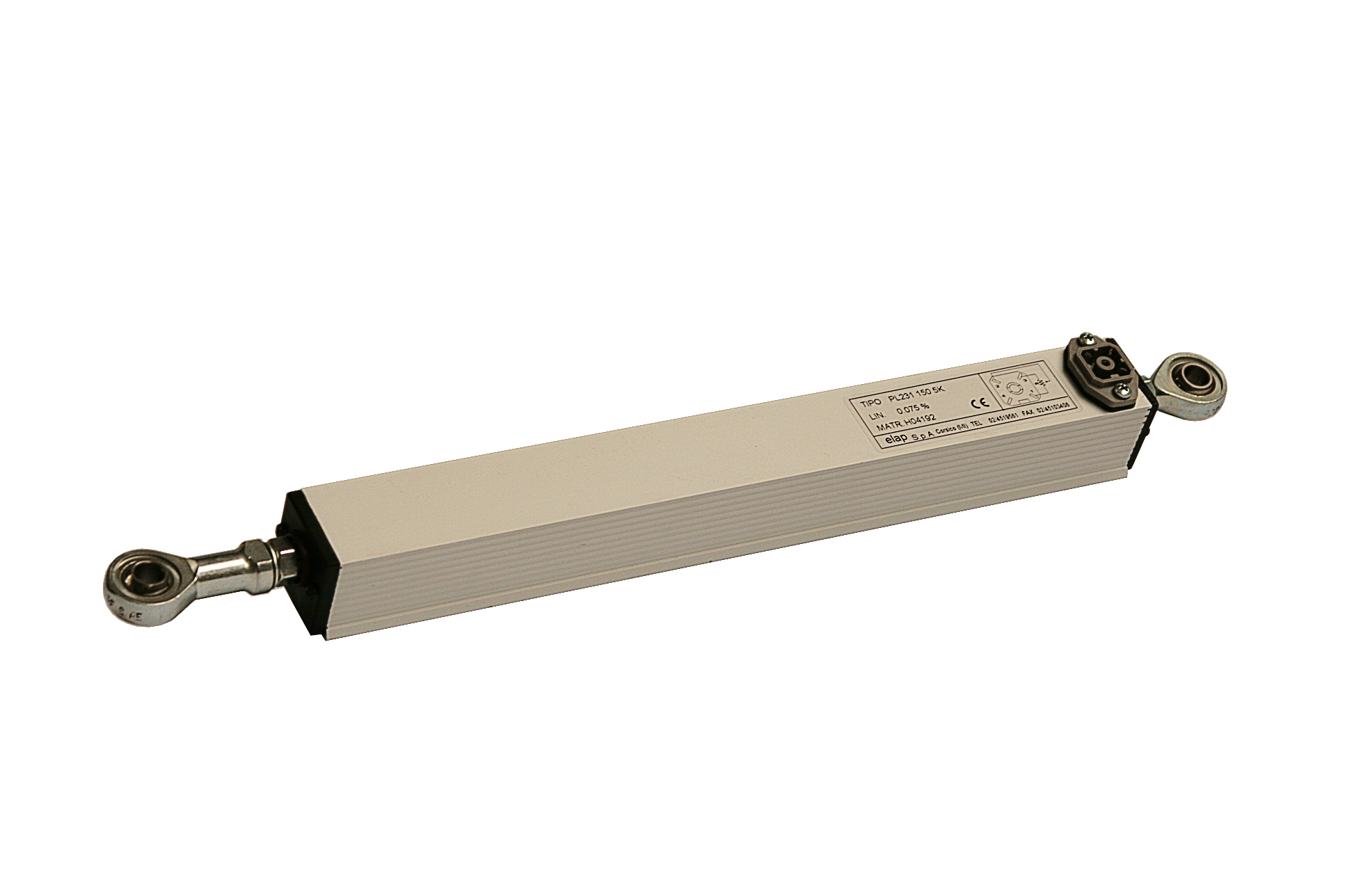
Introduction to Resistive Sensors
Overview of resistive sensors
Resistive sensors are devices that change resistance when exposed to specific stimuli such as pressure, temperature, or light. These sensors operate on the principle of converting physical quantities into changes in electrical resistance. The resistance change is then measured and used to determine the value of the stimulus being detected.
Importance of resistive sensors in various applications
Resistive sensors are commonly used in a wide range of applications including automotive, medical, industrial, and consumer electronics. They are essential for measuring and monitoring variables like force, displacement, temperature, and humidity. With their reliability, accuracy, and cost-effectiveness, resistive sensors play a crucial role in ensuring the proper functioning of various systems and devices.

Transducer Sensors
Explanation of transducer sensors
Transducer sensors are devices that convert one form of energy into another. They take physical quantities like pressure, temperature, or light and transform them into electrical signals. These sensors work by detecting changes in the environment and producing corresponding output signals that can be easily measured and interpreted.
Operating principles and applications
Transducer sensors operate based on the principle of energy conversion, where they translate physical stimuli into electrical signals. They are extensively used in fields such as automotive, healthcare, manufacturing, and environmental monitoring. These sensors are crucial for measuring variables like fluid levels, flow rates, and environmental conditions, enabling efficient monitoring and control of various processes and systems.

Potentiometer Sensors
Understanding potentiometer sensors
Potentiometer sensors are devices that measure and provide an output voltage proportional to the position of a sliding or rotating contact. They are commonly used to detect position changes, deflection, or level variations in various systems. These sensors work by utilizing the principle of voltage division in a resistive element, allowing for precise and continuous measurement of physical displacement or position.
Types of potentiometer sensors and their uses
– **Linear Potentiometers:** Used for measuring linear displacement in applications like sliding doors and robotics.- **Rotary Potentiometers:** Utilized for rotational position sensing in knobs and joysticks.- **Multi-Turn Potentiometers:** Ideal for applications requiring high precision adjustments, such as tuning equipment or calibrating instruments.

Voltage Meter Sensors
Overview of voltage meter sensors
Voltage meter sensors are instruments used to measure the voltage between two points in a circuit. They provide accurate readings of electrical potential differences, aiding in troubleshooting and monitoring electrical systems. These sensors come in various forms, including digital multimeters and analog voltmeters, catering to different measurement needs in industrial and electronic applications.
How voltage meter sensors work and their benefits
Voltage meter sensors operate by converting electrical signals into a readable voltage value, displaying it on a screen or dial for easy interpretation. They offer real-time voltage monitoring, aiding in preventive maintenance and ensuring optimal performance of electrical equipment. These sensors provide a cost-effective and efficient solution for measuring voltage levels accurately and promptly.

Comparison of Resistive Sensors
Contrast between transducer, potentiometer, and voltage meter sensors
- Transducers convert one form of energy into another, like pressure into electrical signals.
- Potentiometers vary resistance to control electrical devices such as volume controls.
- Voltage meter sensors specifically measure voltage levels in electrical circuits.
Key differences in functionality and applications
| Sensor Type | Functionality | Applications |
|---|---|---|
| Transducer | Converts energy forms | Pressure, temperature sensing |
| Potentiometer | Varies resistance | Volume controls, position sensing |
| Voltage Meter Sensor | Measures voltage levels | Electrical systems troubleshooting |